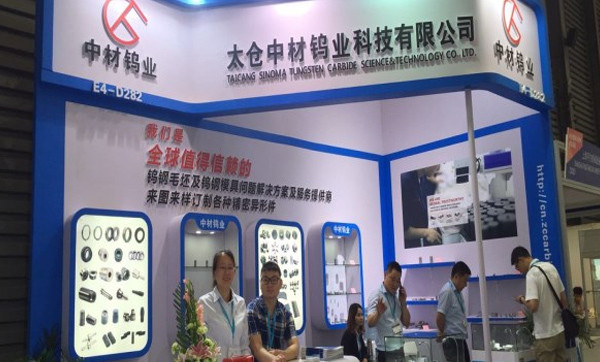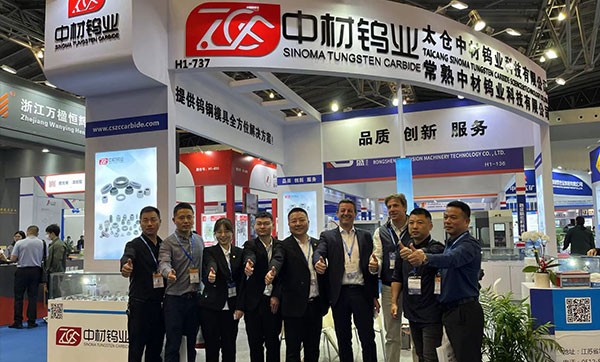In the complex and fast-paced world of modern business, companies are constantly searching for an edge. They need to be faster, more efficient, and more data-driven than their competitors. Amidst this pressure, a powerful tool has shifted from a "nice-to-have" for large corporations to a "must-have" for businesses of all sizes: the Enterprise Resource Planning (ERP) system.
Think of an ERP as the central nervous system of a company. It’s a unified software platform that integrates and automates core business processes—from finance and HR to supply chain, manufacturing, and customer relations. But why is this integration so critical now? The surge in ERP adoption is not a random trend; it's a strategic response to fundamental shifts in the global marketplace.
Before ERP, departments often operated in isolation, using separate software systems. Sales used one program, inventory used another, and accounting used a third. This created "data silos," where information was trapped and inconsistent. The sales team might see a product as available, while warehouse data shows it’s out of stock. Finance would struggle to close the books, manually reconciling numbers from disparate spreadsheets.
An ERP system shatters these silos. It creates a single, unified database that every department accesses. When a sales order is entered, it automatically updates inventory, triggers the shipping process, and creates an invoice in the accounting module. This "single source of truth" eliminates errors, reduces manual work, and ensures everyone is making decisions based on the same real-time information.
In the era of big data, gut feelings are no longer enough. Executives need instant access to key performance indicators (KPIs) to steer the company. Legacy systems and spreadsheets are too slow and static to provide this.
Modern ERP systems come with powerful, built-in analytics and dashboards. A CEO can log in and see the company’s cash flow, top-selling products, and production bottlenecks in real-time. This allows for proactive decision-making. Instead of wondering why profits dipped last quarter, management can identify the cause as it happens and pivot immediately.
Global supply chains have become incredibly complex and, as recent world events have shown, vulnerable to disruption. Companies can no longer afford to manage their supply chain with phone calls, emails, and spreadsheets.
An ERP provides end-to-end visibility, from the raw material supplier to the end customer. It can forecast demand, optimize inventory levels to free up cash, and automatically trigger purchase orders. When a disruption occurs, the system helps identify alternative suppliers and model the impact, allowing companies to respond with agility and minimize risk.
For a growing company, the systems that worked with 20 employees will likely break with 200. Adding new product lines, entering new markets, or acquiring another company becomes a logistical nightmare without a unified system.
ERP systems are designed for scalability. They provide a standardized framework that can easily accommodate new users, new business units, and increased transaction volumes. This makes growth more manageable and less chaotic, allowing companies to scale their operations without proportionally scaling their administrative overhead.
Historically, ERP systems were monumental, expensive undertakings—multi-million dollar projects that took years to implement and required vast IT teams to maintain. This put them out of reach for small and mid-sized businesses (SMBs).
The advent of cloud-based ERP (Software-as-a-Service) has been a game-changer. Companies can now subscribe to an ERP service, accessed over the internet, with no need for massive upfront hardware investments. The vendor handles maintenance, security, and updates. This subscription model has democratized ERP, making its powerful benefits accessible and affordable for SMBs, fueling the current adoption boom.
Today’s customers expect a seamless experience. They want to know if a product is in stock, when it will ship, and the status of their service request. If your sales, service, and inventory teams are on different systems, providing this level of service is nearly impossible.
An integrated ERP, especially one with a built-in Customer Relationship Management (CRM) component, gives a 360-degree view of the customer. The service team can see the customer’s order history, the sales team can see open service tickets, and the warehouse can provide accurate delivery dates. This enables faster, more personalized, and more efficient customer service, which is a key differentiator in any market.
The question is no longer if a company should implement an ERP, but when. In a digital economy defined by data, speed, and connectivity, operating with disconnected systems is a significant competitive disadvantage.
Adopting an ERP is a strategic investment in building a more resilient, efficient, and intelligent organization. It’s about replacing chaos with control, guesswork with insight, and departmental friction with seamless collaboration. As business continues to evolve, the ERP system will remain the indispensable central nervous system, empowering companies not just to survive, but to thrive.
ZCCF Tungsten Carbide introduced an ERP system customized for our production model two years ago, and is committed to providing customers with the best products and services!




